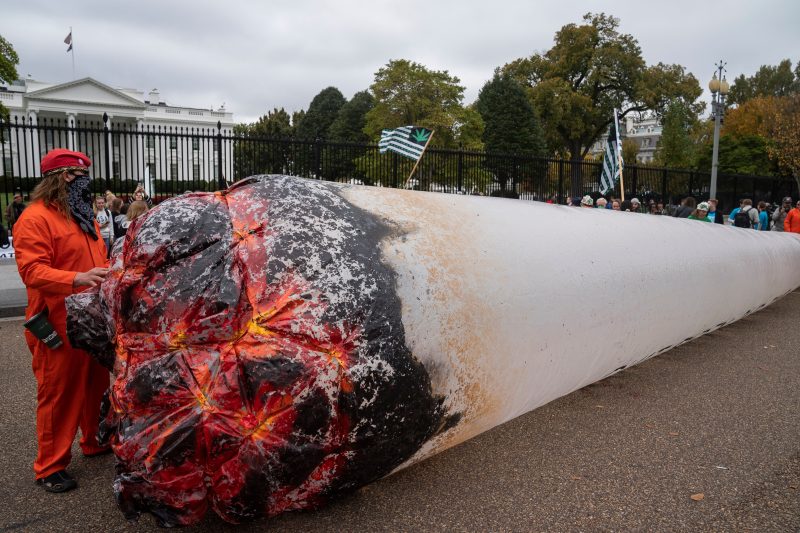The recent move by Democrats to push for the rescheduling of marijuana as a controlled substance under federal law has generated significant interest and debate. This potential shift in policy has the potential not only to impact the legal status of marijuana but also to potentially influence the upcoming November elections in the United States.
The issue of marijuana legalization has long been a contentious one, with advocates arguing for its decriminalization and opponents highlighting concerns about the potential risks associated with its use. The move by Democrats to pursue the rescheduling of marijuana is seen as a significant step in addressing some of these concerns and potentially opening up new avenues for the cannabis industry.
Currently, marijuana is classified as a Schedule I controlled substance under the Controlled Substances Act, placing it in the same category as drugs such as heroin and LSD. This classification has led to significant legal restrictions on the cultivation, distribution, and use of marijuana at the federal level, despite the growing number of states that have legalized its use for either medical or recreational purposes.
By pushing for the rescheduling of marijuana, Democrats are seeking to address some of the discrepancies between state and federal laws regarding cannabis. This move could potentially pave the way for greater access to cannabis-based products for medical purposes and create new opportunities for research into the potential benefits of marijuana.
From a political perspective, the issue of marijuana legalization has become increasingly important, with a growing number of Americans expressing support for its decriminalization. By championing the rescheduling of marijuana, Democrats are hoping to align themselves with this shifting public sentiment and appeal to a broader base of voters, particularly younger and more progressive demographics.
However, the move to reschedule marijuana is not without its challenges and potential pitfalls. Opponents of marijuana legalization argue that it could lead to increased substance abuse and other negative societal impacts. Additionally, the issue remains a divisive one, with some lawmakers reluctant to support any changes to current drug laws.
As the debate over marijuana legalization continues to unfold, it is clear that the issue has the potential to shape both policy decisions and political outcomes in the coming months. The move by Democrats to push for the rescheduling of marijuana reflects a broader shift in public opinion on the issue and underscores the need for a more nuanced and evidence-based approach to drug policy.
Ultimately, the decision to reschedule marijuana will have far-reaching implications for the cannabis industry, public health, and criminal justice system. By taking proactive steps to address the legal status of marijuana, Democrats are positioning themselves to potentially gain ground in the November elections and shape the future trajectory of drug policy in the United States.
